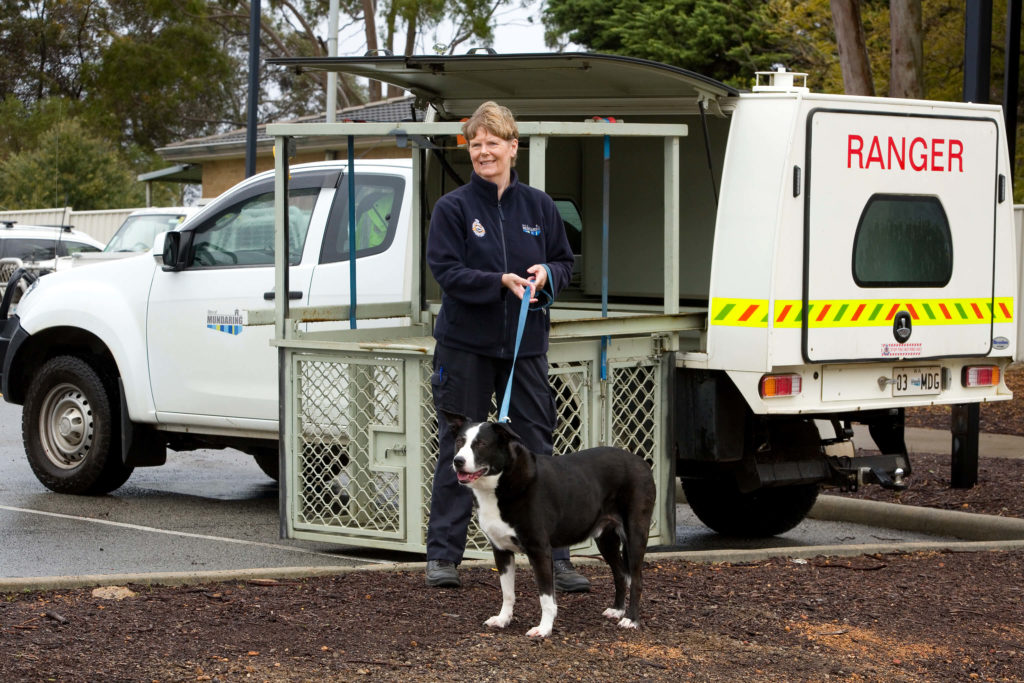Where we’ve been
The 2021 LGIS Local Government Golf Tournament, the Broome Board Tour, and the Kimberley Zone and WALGA Dinner

A small-business owner in Esperance has become the first person in Western Australia to be jailed for gross negligence, after the death of a young worker last year and serious injuries to another, since harsher penalties were introduced for breaches of workplace safety laws in October 2018.
Mark Thomas Withers, the sole director of shed building company MT Sheds, was jailed for eight months and his company fined $605,000 when his sentence was handed down in Esperance Magistrates Court. He was also personally fined $2,250.
WorkSafe’s investigation found that neither worker held the necessary high-risk work licenses for the job they were performing and neither wore a safety harness.
Withers failed to implement safety systems and provide adequate supervision, despite being aware of the risks.
The 2021 LGIS Local Government Golf Tournament, the Broome Board Tour, and the Kimberley Zone and WALGA Dinner
A substantial amount of a local government’s resources are
connected to its motor fleet. If the fleet has downtime, it can have significant impact on the local government’s diverse range of operations.
The scenario: The worker, Fred Dagg, has worked at the Shire of Westralia as a Plant Operator for 35 years. Fred was an accomplished footballer and cricket player having represented the town at many sporting competitions over the years.
Mr Withers’ case sets a precedent for future cases of a similar nature. Under the new Work Health & Safety Act, the local government is the PCBU (“person conducting a business or undertaking”), the term ‘worker’ has been broadened to include volunteers, contractors, and trainees, and an ‘officer’ is a person who makes, or participates in making, decisions that affect the whole, or a substantial part, of the organisation’s activities (these could include managers and supervisors).
It’s important to note:
Positive due diligence is essential – if a local government officer shows they have not met their obligations of due diligence, they can be prosecuted – even if an incident hasn’t occurred.
Insurance can no longer pay penalties, but it could still pay your legal fees.
It is important that all PCBUs and officers take steps now to prepare for the imminent changes to WA’s health and safety laws.
For PCBUs, this will involve conducting a thorough review of your risk management systems, health and safety policies and procedures, training regimes, and control systems to ensure compliance. It will also require training all workers in the new obligations.
The introduction of PCBU extension of duties and the broadening of the term ‘worker’ creates an environment where every voice matters and PCBUs should listen and act on what workers say regarding risk management.
For individual officers, this will involve preparing to demonstrate that they understand their personal duties and are taking positive steps to ensure your business is complying with the WHS requirements, including:
Acquiring knowledge and keeping up-to-date about WHS matters
Understanding the business, including WHS hazards and risks
Ensuring the local government has the right resources and processes in place, and uses those resources and processes to eliminate or minimise WHS risks
Ensuring the business model has the right processes to receive and respond to reports of incidents, hazards, or other WHS issues, and processes to comply with any other WHS duties
Verifying the processes and resources set out above are being used
We understand this can seem overwhelming – if you have any questions regarding the incoming WHS legislation, please contact the LGIS WHS team on 9483 8868 or your regional risk coordinator, and if you have any questions about claims, please contact the General Claims team on 9483 8854.

As a local government delivering services to your community, any interactions you have with third parties – directly or indirectly – introduces liability risk exposures.

The Containers for Change initiative incentivises community members to recycle. It encourages the community to collect eligible containers, take them to a collection point, and earn a refund of 10 cents for every container.

Manual tasks are performed by all workers within local government, and are classed as physical work activities that can be defined as any activity requiring a person to use their musculoskeletal system.
LGIS is the unifying name for the dedicated suite of risk financing and management services for WA local governments, established by the WA Local Government Association in conjunction with JLT Public Sector (part of the Marsh group of companies). LGIS is managed by JLT Public Sector (ABN 69 009 098 864 AFS Licence 226827).
Risk Matters, via this website, is designed to keep members, their staff and elected members informed on topical risk management and insurance issues and LGIS programs and services.